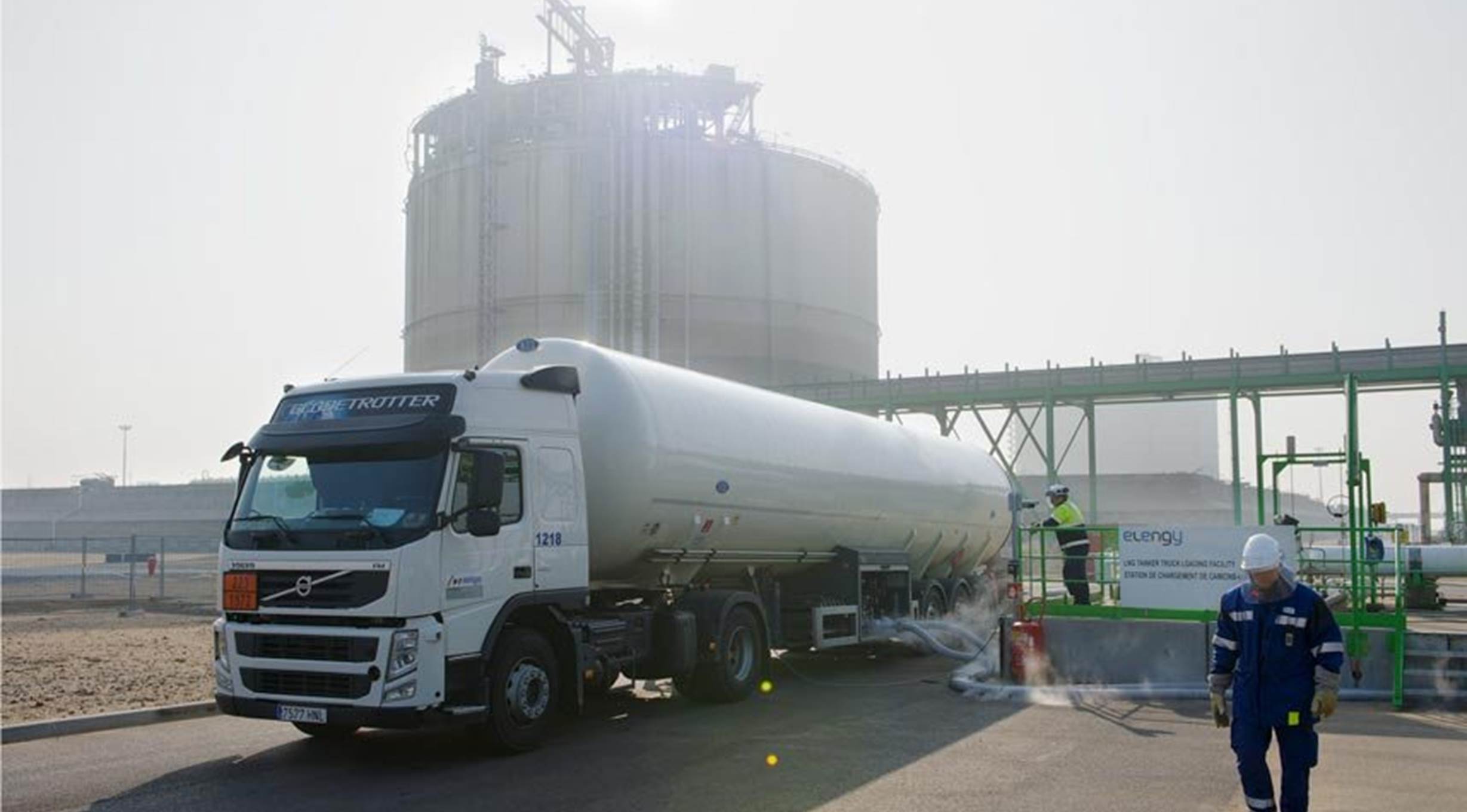
The small-scale LNG supplies interruption at the Fos Cavaou hub in Marseille, born as a trade unions protest actions linked to the phenomenon of "yellow vests" in France, is maybe at its end by this morning. The LNG supplies interruption lasted one week and has more than halved the supply of LNG for service stations and companies that use this new fuel.
The impact on operators was not the same for everyone: a lower impact was perceived by those who supply themselves in Barcelona and for those that have less frequent supplies. On the other hand some important Italian service stations remained without LNG; several trucks couldn’t operate, and for some of these it was necessary the intervention of a car carrier.
Despite Total, the manager of the refueling plant, declared the "force majeure" (also for supplies to France), uncertainties for Italian LNG importers was particularly serious, because after the general strike of last Tuesday, local agitations continue, as in the case of the the Engie regasification plant, where the strike was communicated day by day, thus preventing the implementation of alternative solutions from Northern Europe or other, as for example by ferry from Spain to Italy.
The episode highlighted the fragility of the Italian LNG (for direct uses) supply system, widely recognized by the industry: more than 90% of the 50,000 tons of LNG for direct uses imported by Italy passes through only one road crossing the border at Ventimiglia. In addition to the strikes it is possible to imagine other thousand impediments that could undermine the LNG final uses sector.
It is not a coincidence that the next 5th International Conference & Expo on Small Scale LNG - Naples, 15/16 May 2019 - promoted by ConferenzaGNL, an initiative by Mirumir srl that since 2012 is the world's first Conference supporting this new industrial chain, will dedicate a plenary session to the topic : "How to supply small scale LNG for market deployment" with an opening speech by Steve Esau, General Director of SEALNG, the largest international association of companies in the sector.
Once the strikes has ended, the operators must regain confidence in the market and in the guarantee of supplies. As it is already done in the natural gas and oil sector, with a system of strategic stocks, it appears necessary to activate an emergency system able to face these situations even for small scale LNG, at least until an appropriate number of coastal deposits will enter into operation.
In addition to the establishment of road special corridors with Northern Europe, a solution can also be based on barges or bunker vessels that could supply tankers in ports such as the one in Genoa. An auction system could provide a solution to the problem, a similar solution that is already implemented for big LNG and mining warehouses.
ConferenzaGNL
 EN
EN  it
it

